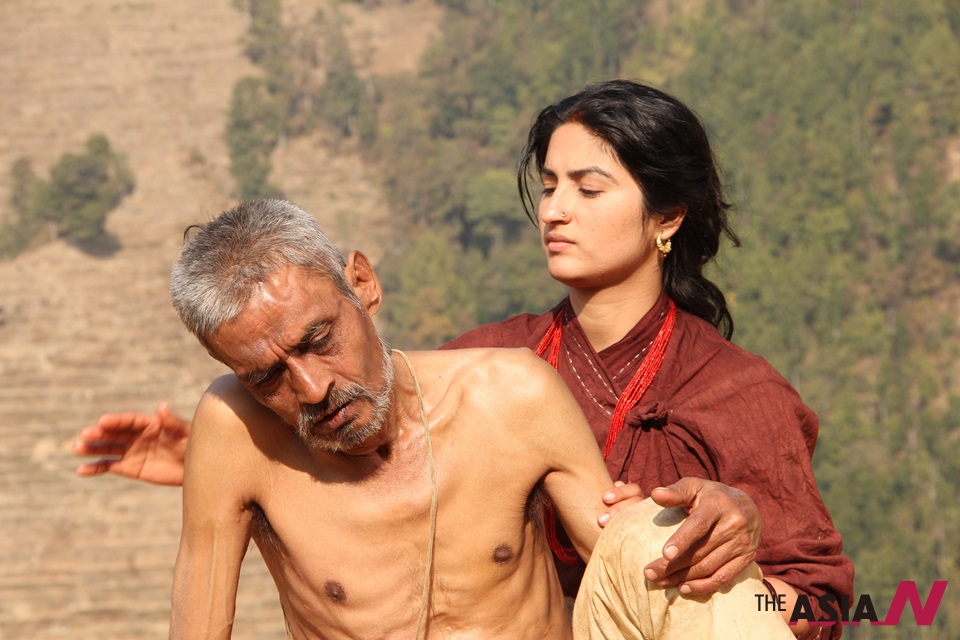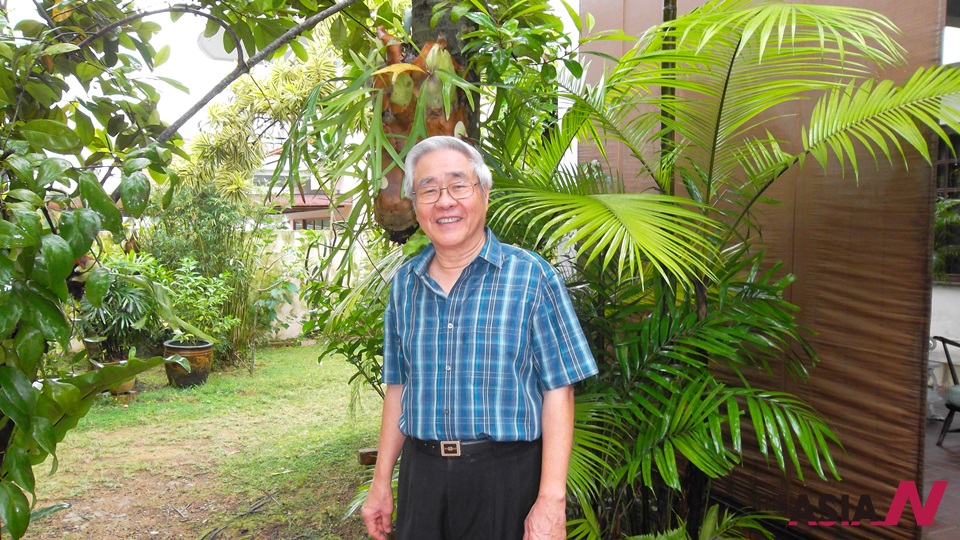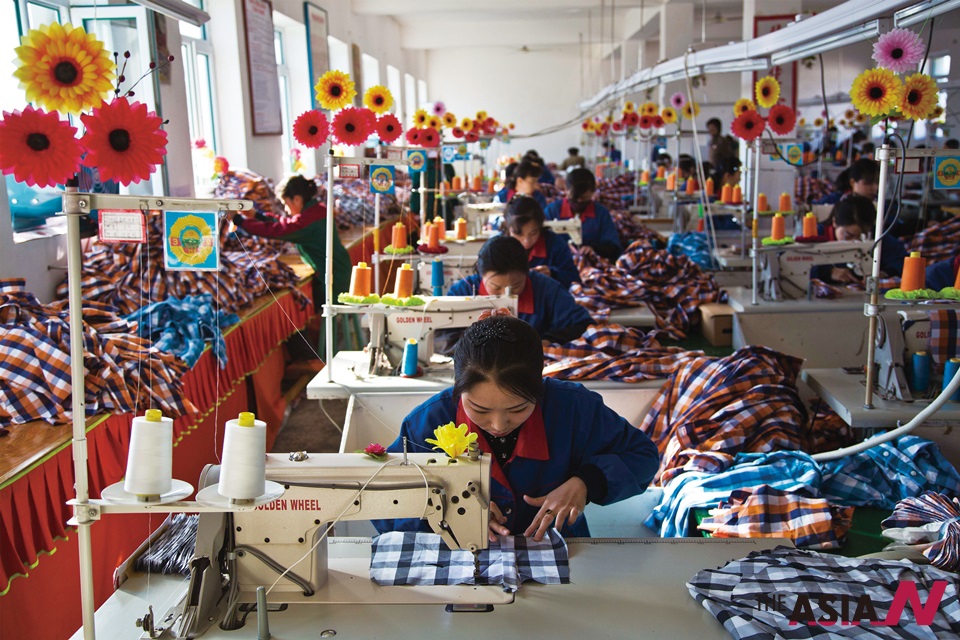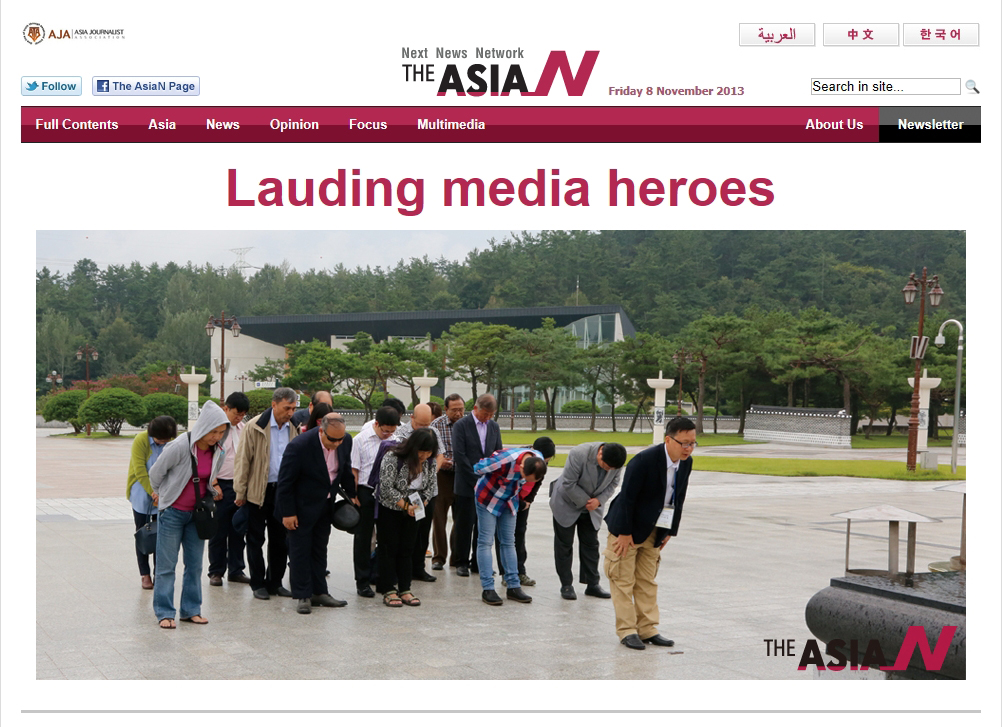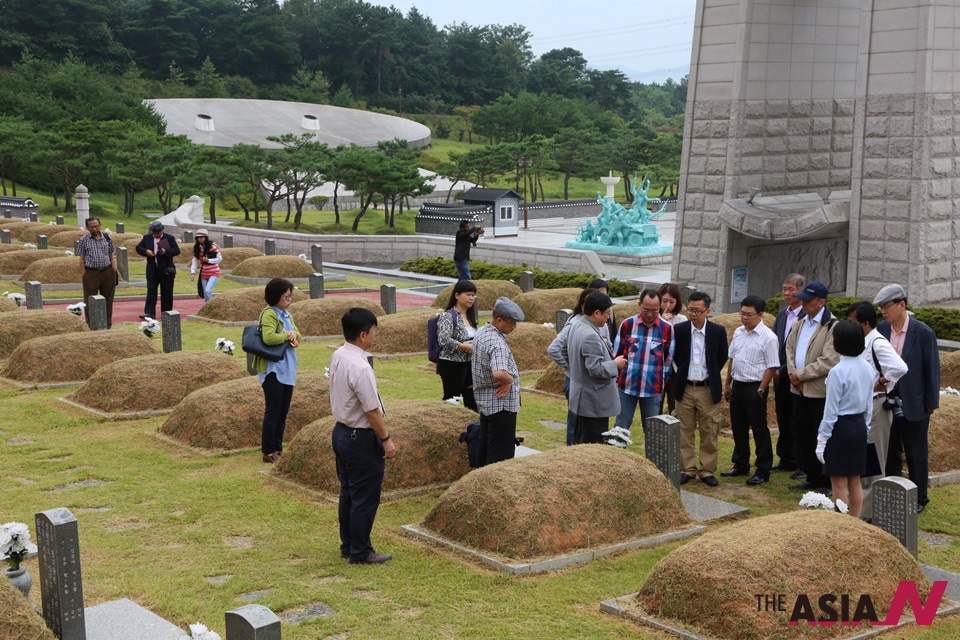
Press freedom struggles symbolise ‘Gwangju Spirit’
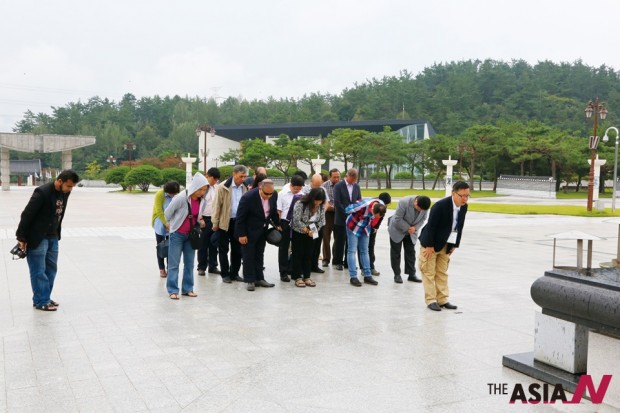
In the Romance of the Three Kingdoms, the wily general Tsao Tsao, noted for his one-upmanship, often claims credit for himself whenever his lieutenant comes up with battle plans by declaring, “What you have just said is already in my mind.”
I do not see myself doing a Tsao Tsao by saying that the Asia Journalist Association (AJA) has in mind what the planners of the Asian cultural hub in Gwangju have set out to do. When AJA was mooted in 2003, our founder-president Lee Sang-ki envisaged a professional network of journalists to rally for an Asian renaissance of peace and prosperity.
At a time of high tension in the Korean Peninsula over the nuclear issue, and set against the backdrop of the warfare in West Asia, our plans were based on idealistic goals and hopes for a revival of the romantic Silk Road-era contacts and communication between Asian countries and with Europe. And yet precisely of such blows to peace that our vision and mission resonated with fellow senior journalists and academics, including Professor Crispin Maslog of the University of Philippines Los Banos, Laguna.
We proceeded on the assumption that our common Asian cultural values and traditions backed by centuries of the romantic Silk Road-era trade and commerce would seize the imagination and win us adherents. Of course, the proponents of the Gwangju Hub City for Asian Culture has set out to achieve more and bigger things with a targeted 2023 time-frame.
The man tasked with policy-making, Mr. Keum Gi Hyung, sees potential for original cultural forms of Asian countries – from folklore and tales of Central Asia, plays of North-east Asia, and dances of South-east Asia to music from South-west Asia and patterns from West Asia – to be tapped into as key ingredients for the new creative economy. This involves fusing cultural forms and advanced technology.
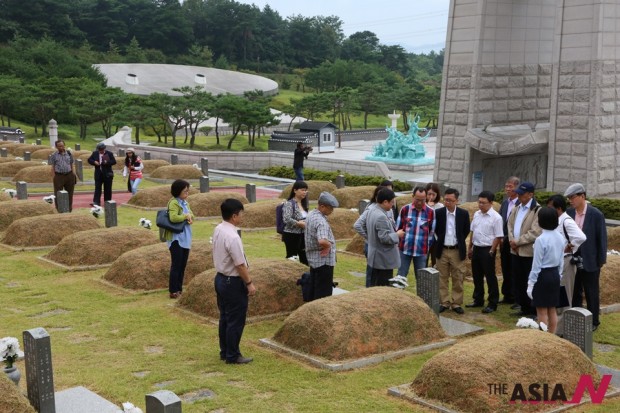
Lauding media heroes
The director of the Culture City Policy Division of the Korean Ministry of Culture, Sports and Tourism, added that the government would increase overseas development assistance funding for development of Asian culture. “A success of K-culture consisting of drama, movie and music provides an opportunity for new awareness of cultural value of Asian countries to be on the rise outside of Hollywood, the Western culture phenomenon.”
However, the environment for such efforts might not be favourable owing to wars and political instability. “Due to vulnerable economic situation, many cultural resources are being neglected to the point where they might soon become a loss.”
Remember the 6th century Buddha statues carved into the cliffs at Bamiyan, Afghanistan, that became a casualty of the war. In 2001, Taliban soldiers blasted and destroyed the monuments dismissed as idols but a symbol of non-violence to others. What a loss to mankind for this priceless piece of sculpture would have drawn, like a shrine, Buddhist pilgrims and tourists from all over the world.
Hence, the Asian Hub City initiative has been formed. This will not only involve preserving traditional Asian culture, but also fusing and creating new ones that will be beneficial to consumers. Values-wise, the Asia cultural hub will promote activities associated with democracy, human rights and peace. Gwangju was picked as the host city in recognition of the May 18, 1980 Gwangju Uprising against the Chun Doo-Hwan military rule.
A foretaste of the kind of ways to spread the Gwangju spirit is the Asian Culture Complex-commissioned play, One Day, Maybe. It is a re-enactment of the tragic events in which the audience passes through time-tunnel-like scenarios. Director Tristan Sharps explains the experiential theatre: “What if those people who died in 1980 could return as spirits from the dead and step into the shoes of people alive today… Surely, they would see a world where liberty and democracy have spread rapidly across a range of countries. Or would they?”
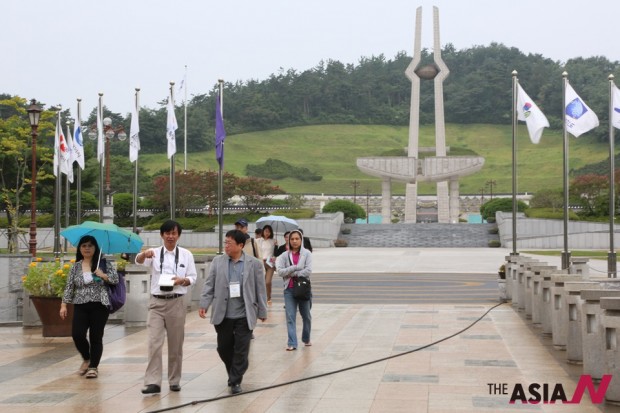
This will be the kind of novel theatre productions that the May 18 Memorial Hall will undertake to propagate Asian values or to reprise national crisis. Lest we forget our history. In the Gwangju martyrdom’s case, the rising affluence of Korea more than two decades later has raised such a concern.
The One Day, Maybe performance was cathartic. My Cambodian colleague Sophal Chhay was so moved that, for a brief moment, he put himself in the closing candle-lit vigil scene. In my case, I was reminded of the instances where journalists faced persecution by the authorities in their struggle for press freedom and democratic rights. Many lost their jobs, some were thrown into prison and others killed.
I remembered my Nepali colleagues, Bishnu Nistri and Tahal, who risked their livelihood and life campaigning for democracy. I also recalled my Indonesian colleague, Eddy Suprapto, who went into the jungles to negotiate with Acheh rebel officials for the release of reporters and photographers detained by the troops.
There are many more journalists in Asian countries that were thrust into such unexpected and unusual roles by repressive governments and sectarian strife. A Chinese saying goes thus: Circumstances create heroes. Some might cringe and bow down to the oppressors. But, there are heroes who stand up against adversity and fight for rights and for justice on behalf of their peers.
They are role models who inspire others to follow in their footsteps. Men like Mahatma Gandhi, the advocate of non-violence who started newspapers in South Africa and in India in his life-long campaign for freedom and democracy. Men like Mochtar Lubis, an Indonesian journalist and novelist who was jailed many times in his fight for press freedom during the era of Sukarno.
They suffered and sacrificed for the cause. Their struggles helped end repression, remove fear and open up spaces for others. They exemplify the best of Asian cultural values. Yet, many of them remain unsung cultural heroes. Several like Tarzie Vittachi, Ton That Thien and Gour Ghosh were winners of the Ramon Magsaysay Journalism Heroes awards.
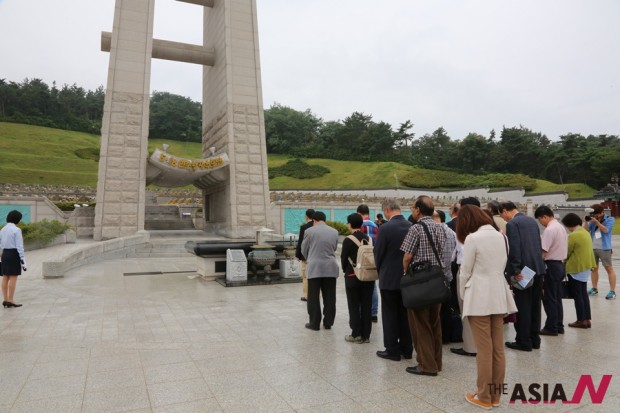
It is time we give Asian media warriors better recognition and bring their achievements and contributions to the fore, especially to attention of the younger generation.
Journalists can do more than help publicise the activities and progress of the Asian Hub City project. We know the Asian culture hub is in search of stories. We are the story too, possibly a familiar line from the fictional Tsao Tsao.



